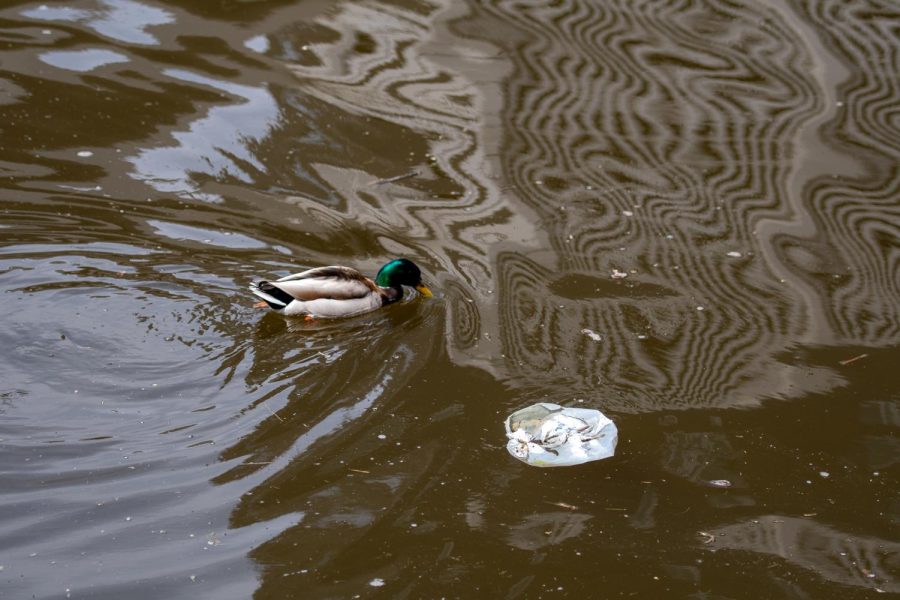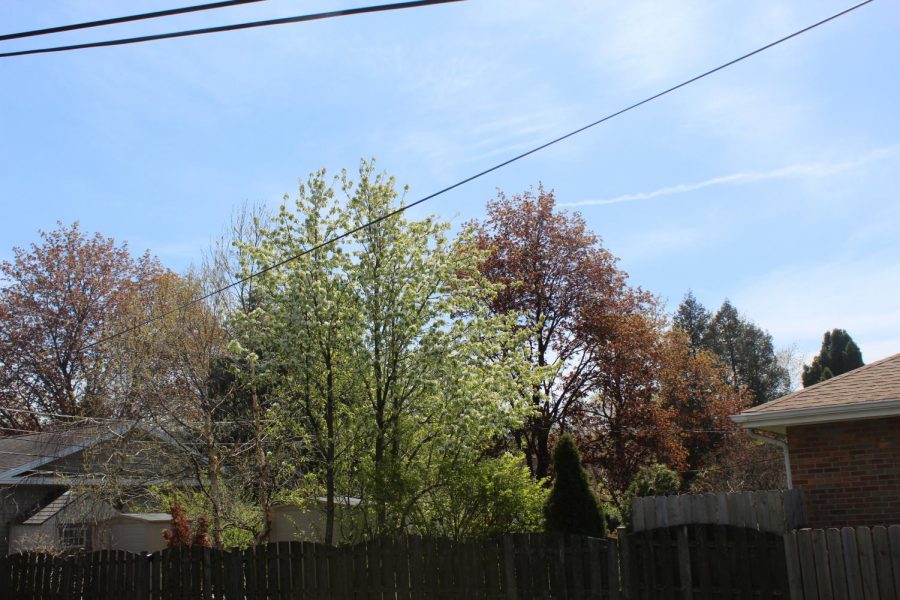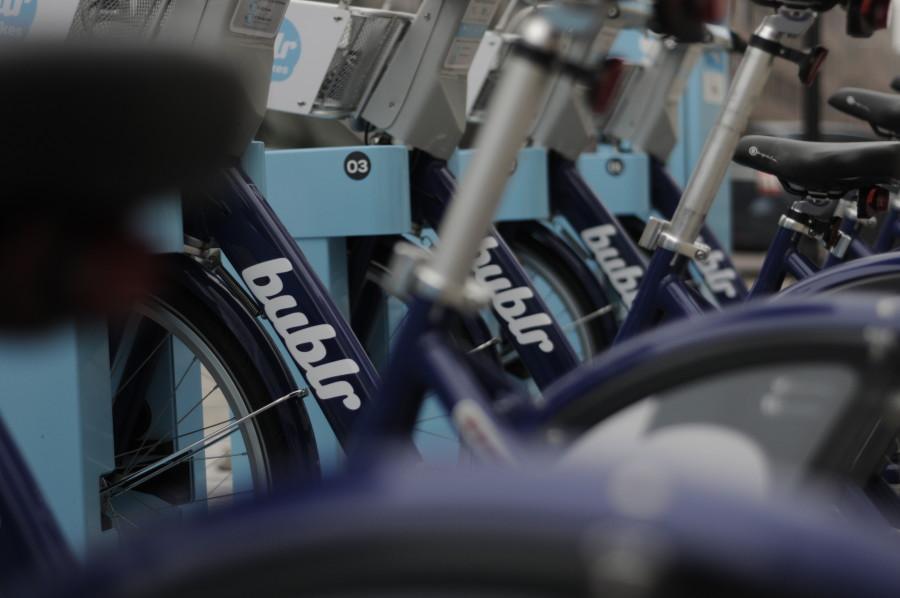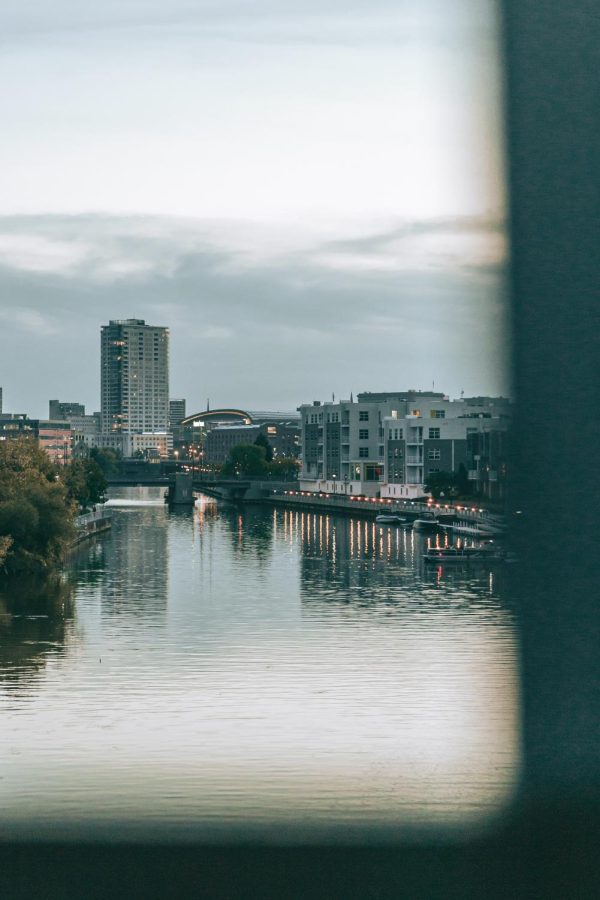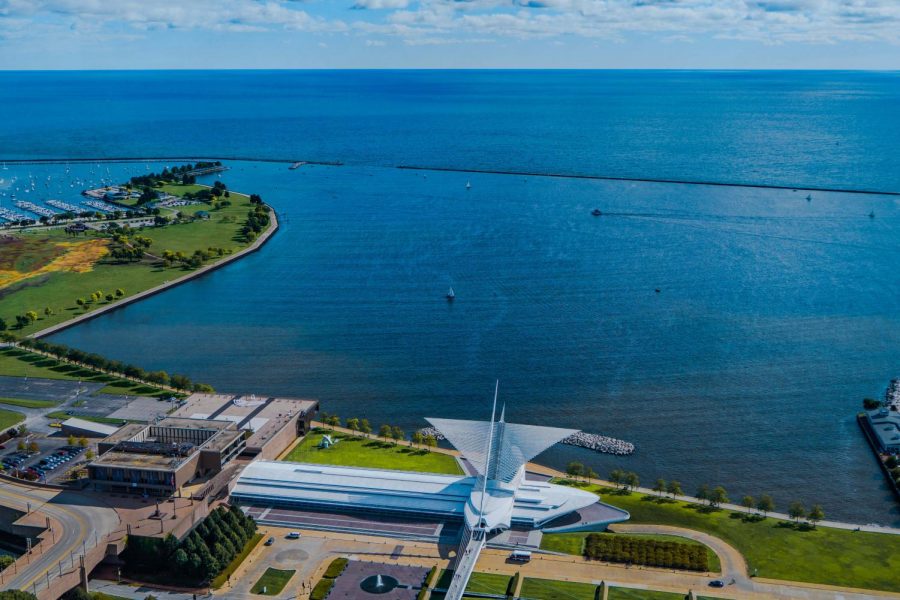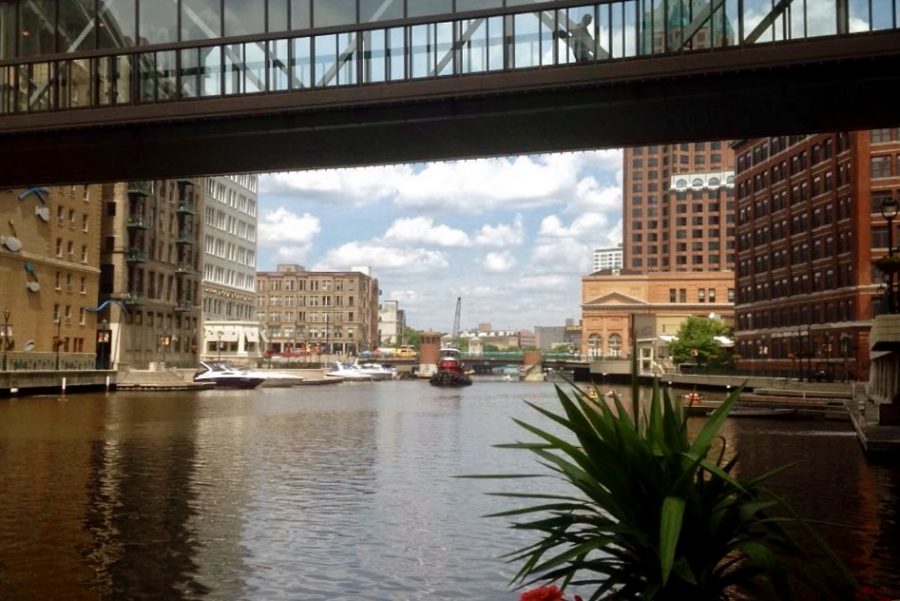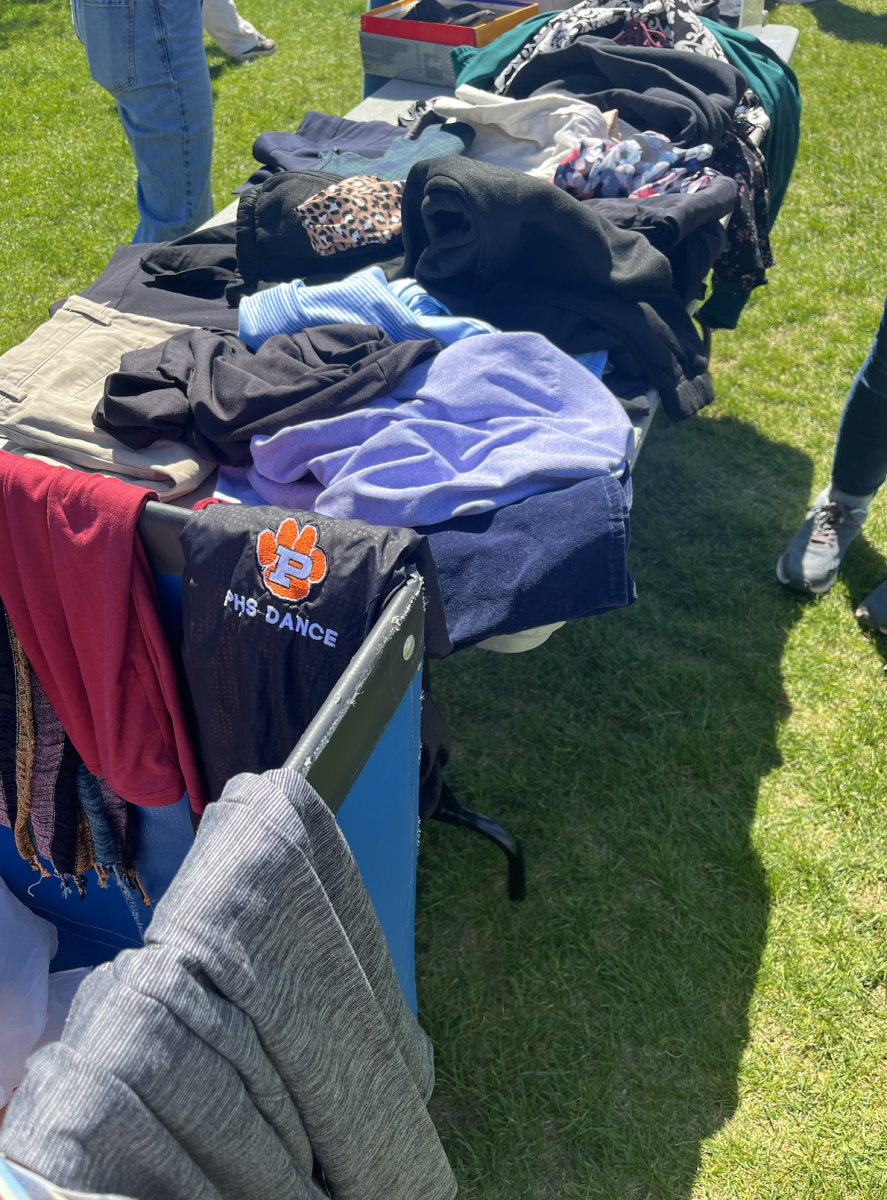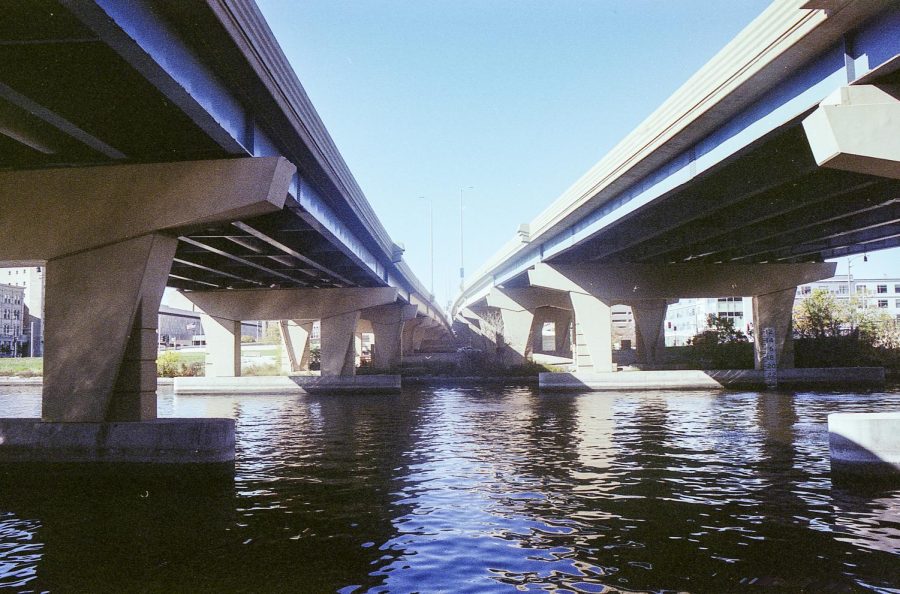The Great Lakes hold 20 percent of the world’s fresh drinking water, and the Milwaukee River flows directly into the lake. Executive director of Milwaukee Riverkeeper, Jennifer Bolger Breceda said this is why keeping the river clean is essential.
Milwaukee Riverkeeper is an organization that works to improve the water quality of the Milwaukee River. They most recently held their annual river cleanup event April 22.
“Every year we see a little increase in attendance. Last year I think we had 4,300 volunteers, and this year we had 5,000 people. I don’t have final numbers for what we pulled out, but we expect it to be over 100 thousand pounds of trash,” Breceda said.
Anyone can volunteer for the cleanup, and there are sites along the river where people are tasked to clean. Breceda said there were people of all ages from every county along the Milwaukee River.
Beth Handle, owner of Milwaukee Kayak Company and board member for Milwaukee Riverkeeper, said that she’d been a volunteer at the cleanup for 10 years. Milwaukee Kayak Company does environmental and historical tours, and Handle said throughout the tours, they are constantly picking up trash.
Breceda said this trash in the water cannot be recycled because of its condition. She sees this as a missed opportunity since they have to send the trash to a landfill.
David Strifling, director of water law and policy initiative for Marquette Law School said this contamination isn’t new, Milwaukee has a long history of water pollution along the river. He said that the river bank has been home to many industries such as tanning, brewing and metal working and these industries needed a water source close by, so Milwaukee River banks were a perfect place.
“All of the industries that made Milwaukee famous also unfortunately had the effect of polluting water quality. We think of water pollution as a historical phenomenon and that it’s already been cleaned up, but that’s not the case,” Strifling said.
Strifling said that in the late 20th century, people started to view the river as an asset for tourism in Milwaukee and somewhere to place parks and other recreational spaces, but he said although industries don’t pollute the river like they used to, the river is facing new issues.
“The biggest water quality problems now are caused by runoff from agriculture, city streets, oil and grease, fertilizers. We have a long way to go to clean up that,” Strifling said.
Breceda said the littering that happens on land will get down to the river through storm drains, wind, rain and gravity since the river is lower than the land.
“Having clean neighborhoods will impact our waterways. Beautifying our neighborhoods also impacts our quality of life. We feel better, the air cleaner, there aren’t trash and pollution blowing around,” Breceda said.
Handle said that currently there’s a drudging project that will remove legacy contamination from the bottom of the river. She said it’s almost like they will be vacuuming the waste out of the river. Breceda said it will be a five to six-year project.
“We really hope that’s going to move the needle on water quality and environmental restoration of the Milwaukee River. It’s a generational opportunity, and it’s going to remove century-old pollution,” Breceda said.
While Milwaukee moves forward to improve the river, there are still opportunities for others to get involved. Strifling said he urges Marquette students to be educated on water quality and how waste gets into the river.
“It’s important to continue the dialogue, get educated, go out and volunteer. Those are all ways to improve the environment and improve your college experience and make yourself a better person,” Strifling said.
Milwaukee Riverkeeper allows people to volunteer in their water quality program, adopt a river program and the river cleanups. Handle said she urges students to get out and understand the river and participate with activities in and around the river.
“We try to educate people and get them on our rivers because once they do, they tell their friends and they all start becoming advocates for the river. It’s a chain reaction,” Handle said.
Breceda said she’d love to have more Marquette students volunteer to help the river. She said on campus, students can be more aware of the single use plastic we use, and refrain from littering.
This story was written by Sophia Tiedge. She can be reached at sophia.tiedge@marquette.edu


